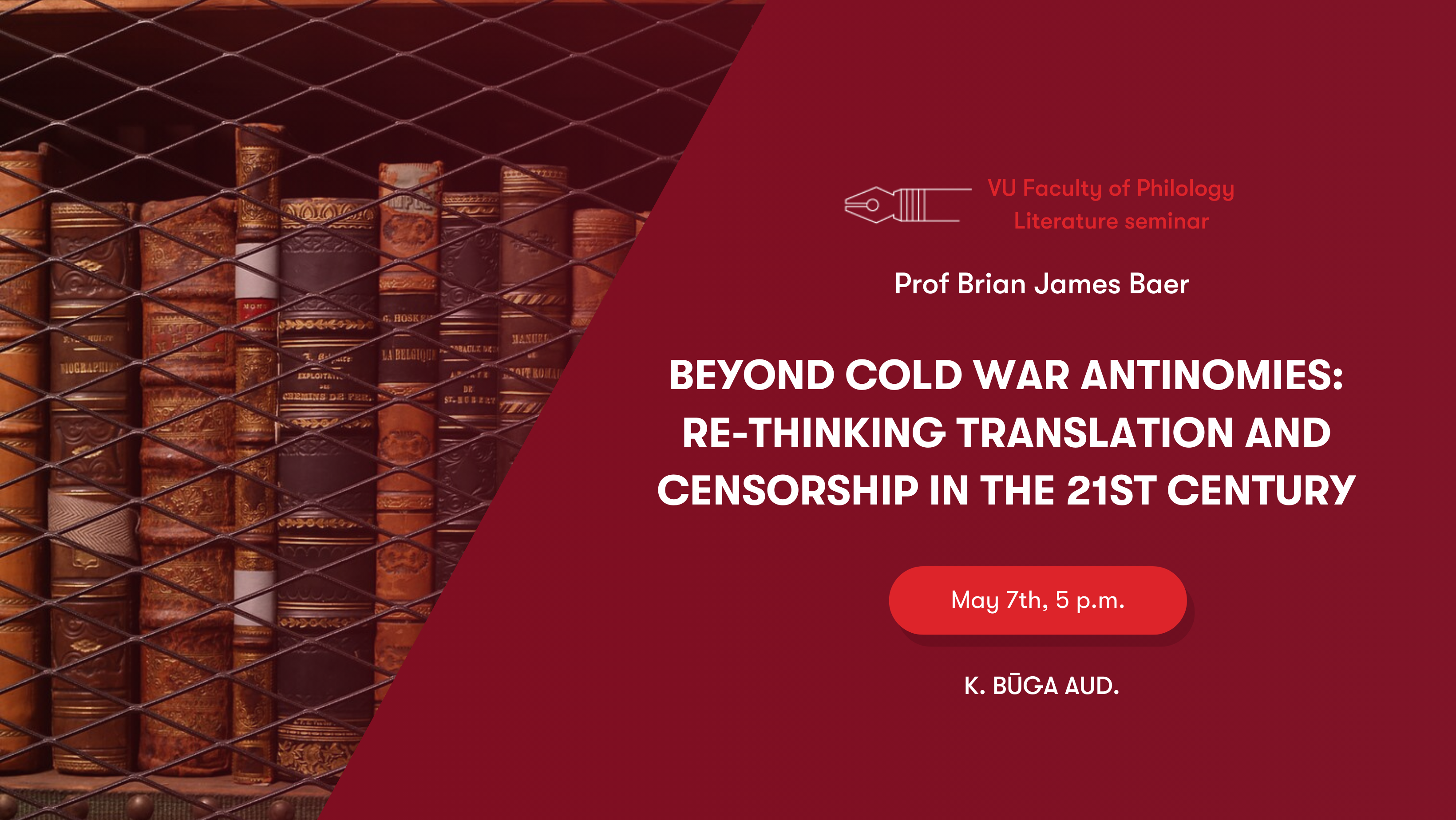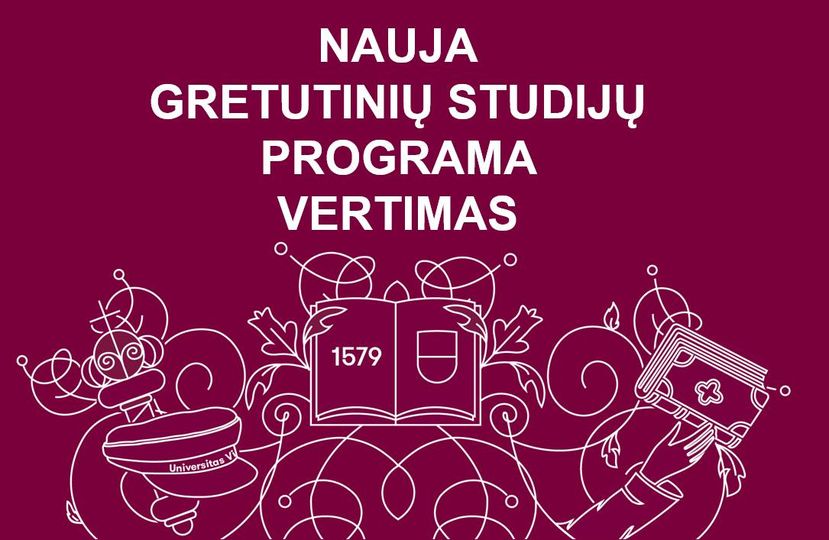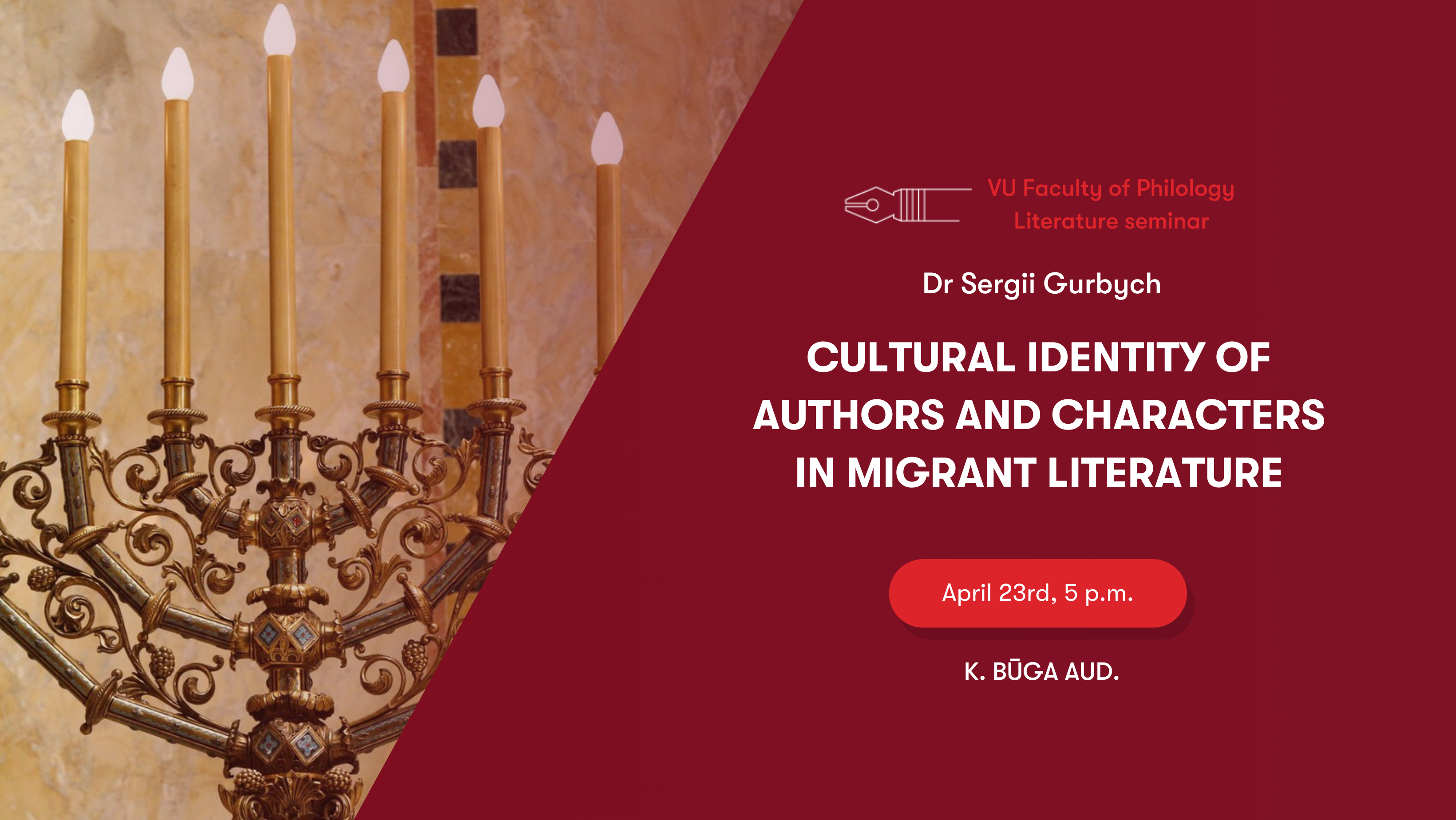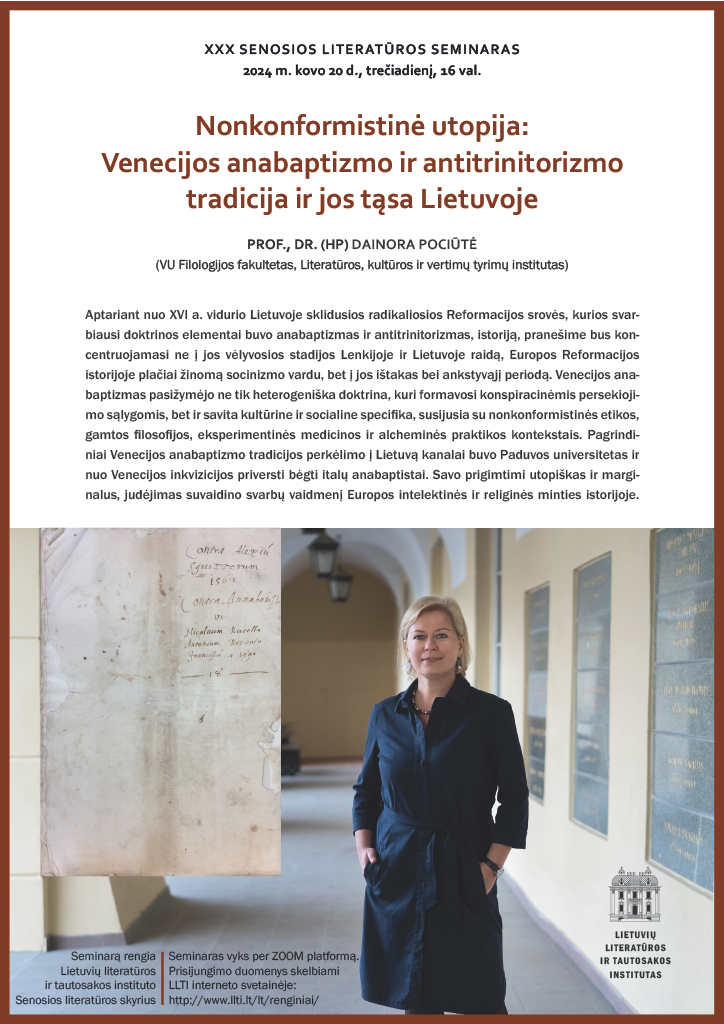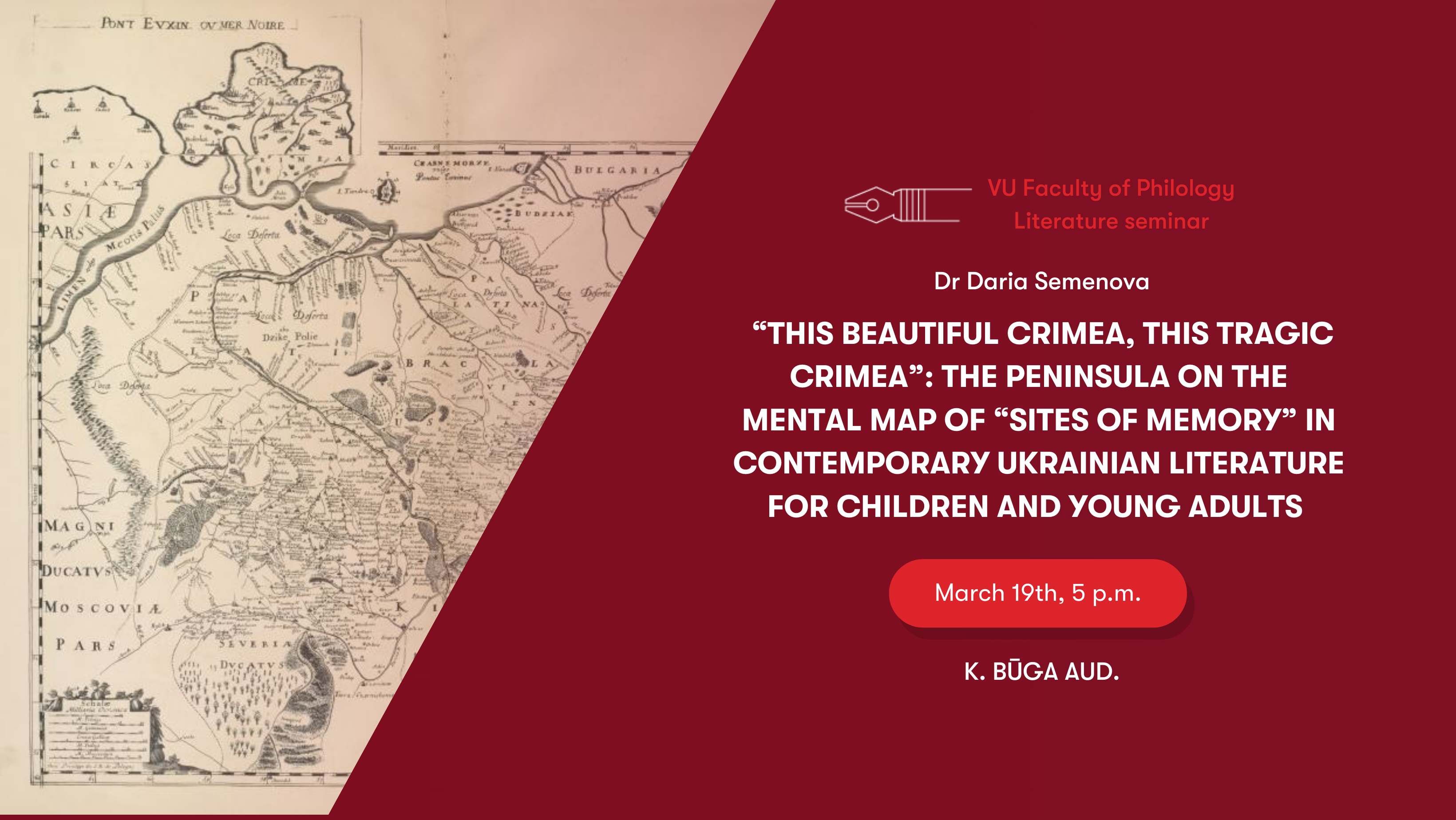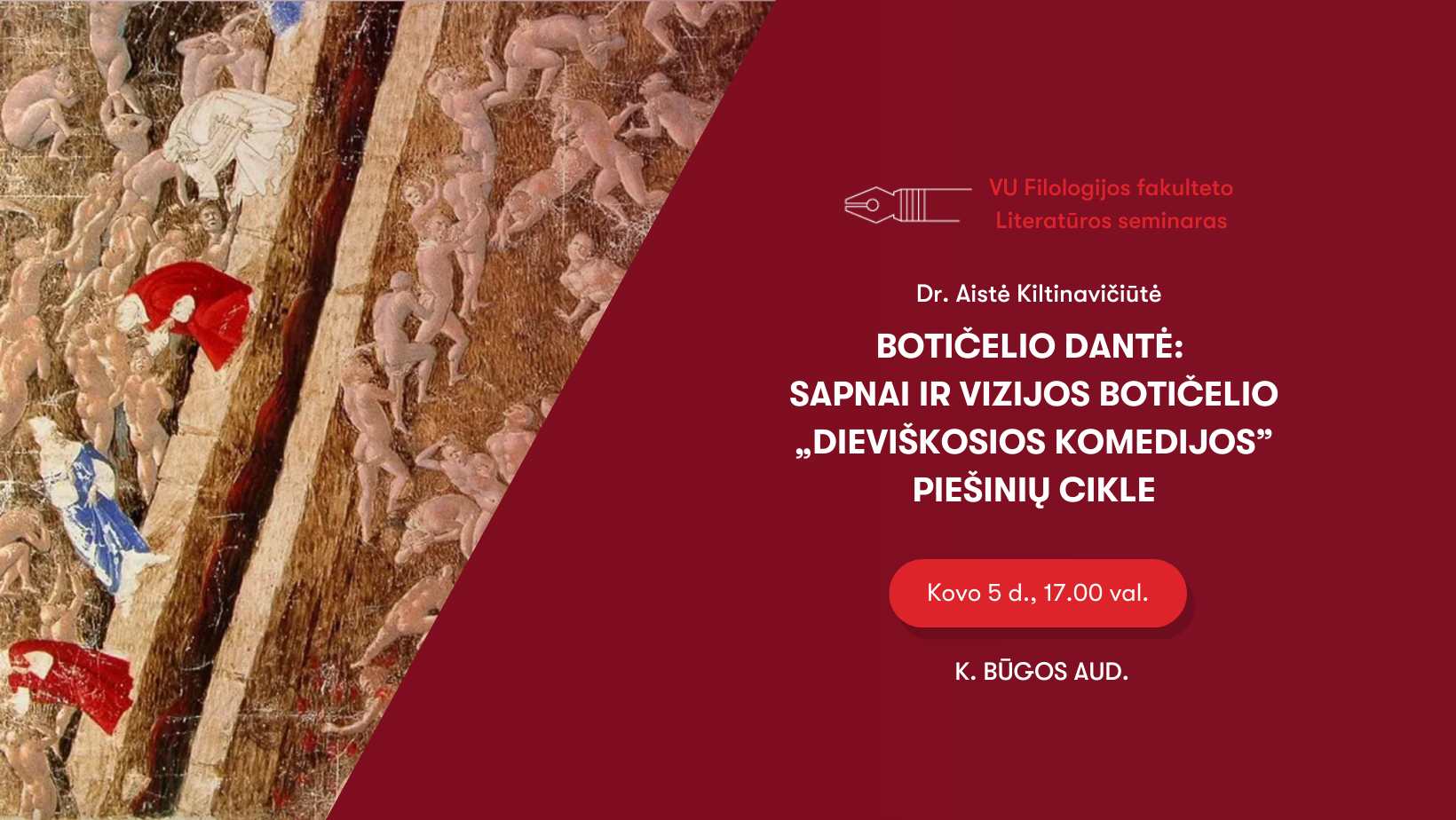Literature seminar "Manuel Lassala Sangermán: a Jesuit dramatist in the exile"
You are cordially invited to the Faculty’s Literature Seminar "Manuel Lassala Sangermán: a Jesuit dramatist in the exile", which will be held in English, and will take place on Tuesday, 21 May, at 5 pm in Kazimieras Būga Auditorium.
This time our speaker will be our colleague from the Centre for Comparative Literature Studies Dr María Sebastià-Sáez.
The abstract of the presentation:
The aim of this talk is to present Manuel Lassala Sangermán through some of his private letters. Lassala (1738-1806) is included in the group of expelled Jesuits who were banished from Spain by King Carlos III in 1767. Lassala was exiled in Italy and was considered a Hispanic-Italian author. During the exile, Lassala maintained an active correspondence with his mother, Inés Sangermán, along with other family and friends. Some of the letters addressed the French Revolution from the point of view of a noble family, in addition to discussing family matters. Furthermore, Lassala developed his literary career during his exile. Thus, also an overview of his neoclassic dramas will be provided.
Biographical note:
Dr María Sebastià-Sáez is Assistant Professor at the Institute of Literary, Cultural and Translation Studies at Vilnius University and researcher at the MotherNet project, in collaboration with Maynooth University (Ireland) and Uppsala University (Sweden). Her main research fields are Classical Reception, Comparative Literature, Gender Studies and Motherhood—specifically in non-motherhood and uncommon motherhood models in classical reception.


